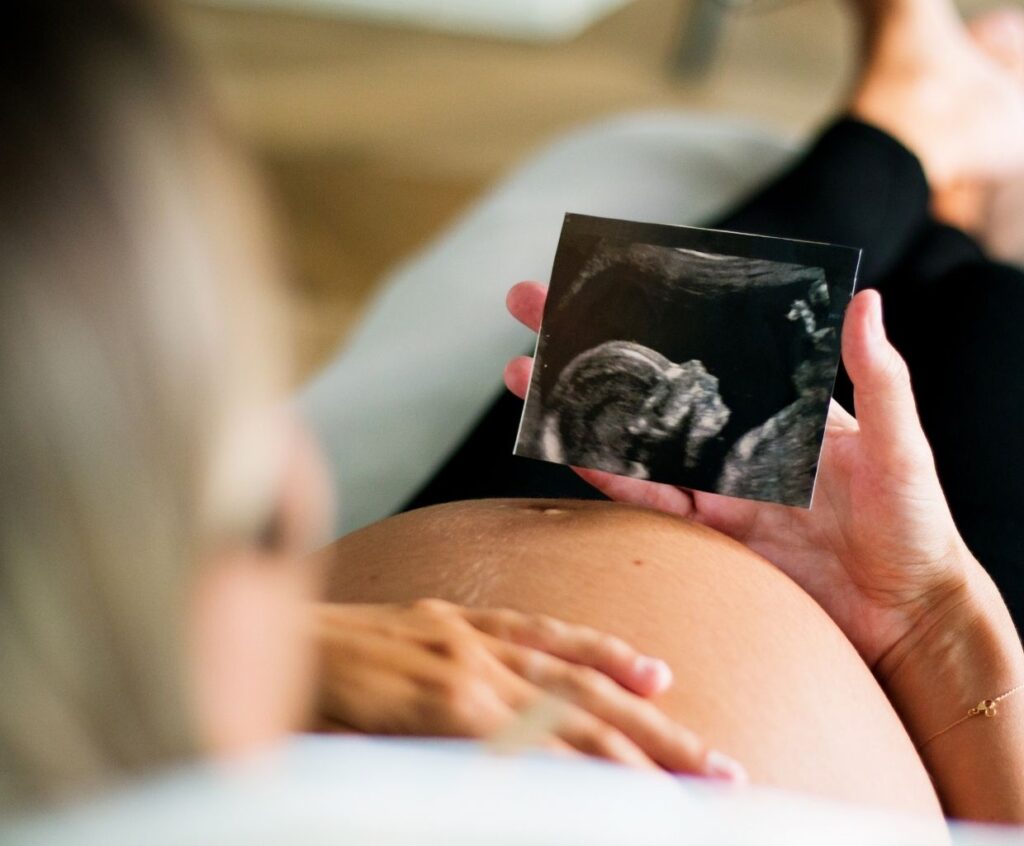Pregnancy Constipation: Causes, Tips, and Remedies for Relief
Pregnancy can be an exciting and beautiful phase in a woman’s life, but it also comes with its fair share of challenges. One such challenge that many expectant mothers face is constipation. While it may not be the most glamorous topic to discuss, it is an issue that affects many pregnant women.
The hormonal changes, coupled with the pressure exerted on the intestines by the growing uterus, can lead to sluggish bowel movements and discomfort.
Causes
Several factors contribute to constipation during pregnancy. Understanding these causes can help expectant mothers manage and alleviate the issue more effectively. Some common causes include:
-
- Hormonal changes: During pregnancy, hormonal changes can slow the digestive system, leading to constipation.
-
- Increased progesterone levels: Progesterone, a hormone that relaxes the muscles in the body, including the intestines, can contribute to constipation.
-
- Pressure on the intestines: As the uterus expands to accommodate the growing baby, it can put pressure on the intestines, making it harder for waste to move through.
-
- Dietary changes: Pregnancy often changes eating habits, including increased iron and calcium intake. These supplements can sometimes lead to constipation.
Tips for Relief
While constipation during pregnancy can be uncomfortable, several tips can help alleviate the symptoms and provide relief. Some of these include:
-
- Stay hydrated: Drinking plenty of water can help soften the stool and make it easier to pass.
- Increase fiber intake: Consuming fiber-rich foods, such as fruits, vegetables, whole grains, and legumes, can help regulate bowel movements.
- Exercise regularly: Light exercises, such as walking or swimming, can stimulate the bowels and promote regularity.
- Avoid processed foods: Processed foods are often low in fiber and can exacerbate constipation. Opt for whole, unprocessed foods instead.
- Consider stool softeners: If dietary changes alone do not provide relief, your healthcare provider may recommend a stool softener to help ease bowel movements.
Pregnancy Constipation Remedies
While prevention is always better than cure, sometimes constipation can still occur despite your best efforts. In such cases, a few remedies can provide immediate relief. These include:
-
- Warm water with lemon: Squeezing fresh lemon juice into warm water and drinking it can help stimulate bowel movements.
-
- Prunes or prune juice: Prunes are natural laxatives and can help soften the stool.
-
- Herbal teas: Certain herbal teas, such as ginger or peppermint, can relax the digestive system.
Remember, it’s always essential to consult your healthcare provider before trying new remedies or supplements during pregnancy. They can provide personalized guidance and ensure your safety and your baby’s well-being.
Are there any natural remedies that can provide relief from constipation during pregnancy?
Yes, several natural remedies can provide relief from constipation during pregnancy. Some of these include:
1. Increase fiber intake: Consuming high-fiber foods such as fruits, vegetables, whole grains, and legumes can help soften the stool and promote regular bowel movements.
2. Stay hydrated: Drinking plenty of water throughout the day can help prevent dehydration, which can contribute to constipation.
3. Exercise regularly: Engaging in light physical activity, such as walking or swimming, can help stimulate bowel movements and relieve constipation.
4. Probiotics: Probiotic-rich foods or supplements can help improve gut health and promote regular bowel movements.
5. Herbal teas: Certain herbal teas, such as chamomile or peppermint tea, can help relax the digestive system and relieve constipation.
6. Prune juice: Drinking prune juice or eating prunes can help soften the stool and promote bowel movements.
However, it is always essential to consult a healthcare provider before trying natural remedies, especially during pregnancy, to ensure their safety and avoid potential risks.
What are some practical tips to prevent Pregnancy Constipation?
Constipation is common during pregnancy due to hormonal changes and the pressure of the growing uterus on the intestines. Here are some practical tips to prevent constipation during pregnancy:
1. Increase fiber intake: Eat fiber-rich foods, such as whole grains, fruits, vegetables, and legumes. Fiber helps add bulk to the stool and promotes regular bowel movements.
2. Stay hydrated: Drink plenty of water throughout the day to keep your body hydrated and help soften the stool. Aim for at least 8-10 glasses of water per day.
3. Exercise regularly: Engage in light to moderate physical activity, such as walking or prenatal yoga, to stimulate bowel movements and improve digestion.
4. Don’t delay bathroom visits: When you feel the urge to have a bowel movement, don’t delay it. Ignoring the urge can lead to stool hardening and constipation.
5. Include probiotics in your diet: Probiotics are beneficial bacteria that can help improve gut health and regulate bowel movements. Yogurt, kefir, and fermented foods are good sources of probiotics.
6. Avoid processed foods: Processed foods are usually low in fiber and can contribute to constipation. Opt for whole, unprocessed foods to ensure an adequate fiber intake.
7. Take prenatal vitamins wisely: Some vitamins contain iron, which can cause constipation. Talk to your healthcare provider about switching to a different brand or adjusting the dosage if constipation becomes problematic.
8. Practice good toilet habits: Sit on a stool with your feet to help straighten the rectum and make bowel movements easier.
9. Try natural remedies: Certain natural remedies like prune juice, flaxseed, and herbal teas (chamomile or peppermint) can help relieve constipation. However, always consult with your healthcare provider before trying any new remedies.
If constipation persists or worsens, remember to consult your healthcare provider, as they may recommend additional remedies or treatments.


